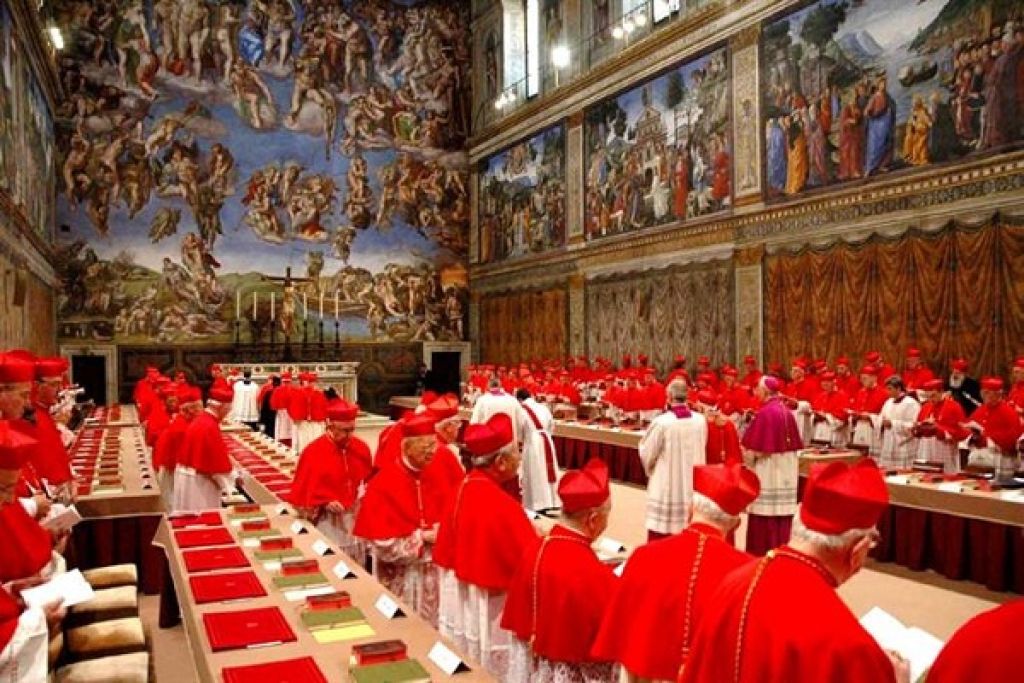[ad_1]
LONDON (Reuters) – Giuliano Valentino’s family home in west London has been on the market for six months and he has already dropped the price. “We’ll give it away before we actually sell it,” he says.
His predicament is a sharp contrast to the years of frenzied bidding for houses in Britain’s capital, where a quadrupling of prices in the past two decades made the property market look like a one-way bet.
Valentino, a 59-year-old businessman, lowered the price of his four-bedroom house by 75,000 pounds to 860,000 pounds but still found no takers.
Potential buyers such as Mo Valipour are holding off. “We went ahead with an offer and then Brexit happened,” said the software engineer.
He said the combination of rising inflation, after last year’s vote to leave the EU drove down the pound, and big uncertainties about what Brexit means for house prices and the economy meant he no longer wanted get into the market.
Neither are sure when they will be able to move as the unaffordability of housing in London, which now costs around 10 times the average salary, also takes its toll.
At the same time, there are questions about Britain’s political outlook as Prime Minister Theresa May’s grip on power looks shaky and opinion polls show the left-wing opposition Labour Party running neck and neck with her Conservatives.
House prices in London fell by an annual 0.6 percent in September, the first fall in eight years, according to mortgage lender Nationwide, while other measures have shown prices rising far more slowly than in recent years.
In the high-end central London market, estate agent Savills said prices fell 3.2 percent in the year to October.
London’s market has slowed more sharply than the rest of the country but prices across Britain are rising only slowly, potentially boding ill for consumer demand which drives economic growth. The latest figures show British economic growth slowed to an annual 1.5 percent in the second quarter.
The value of the United Kingdom’s housing stock is now at a record £6.8 trillion, almost 1.5 times the value of all the companies on the London Stock Exchange.
Predicting the future direction of the market has become much more difficult, partly because far fewer houses are changing hands.
Five estate agents said sales had effectively ground to a halt in the second quarter due to the uncertainty about Britain’s planned withdrawal from the European Union, combined with higher property taxes and a slowing economy.
“There’s a lack of confidence in the housing market. We are not just not seeing sales,” said an estate agent in Central London, who did not want to be named due to the sensitivity of the situation for his firm’s business.
The latest official statistics show the number of homes sold in London in May were down by over a third compared with two years ago. Preliminary data for June-August 2017 are even more dismal. Those houses that are on the market are taking longer to sell than a year ago, according to online portal Rightmove. tmsnrt.rs/2eZIvl8
WIDE RANGE OF VIEWS
Twenty-two property market experts surveyed in August by Reuters all said prices in London were over-valued, but their forecasts for the next three years ranged widely from a 17.5 percent drop to a 9 percent rise.
“Time to buckle up,” said Josh Holmans from Valunation, one of the most pessimistic respondents to a separate study by the Royal Institution of Chartered Surveyors which predicted price falls in central London over the next year without giving figures.
“Unless sales pick up pace this train driver may stall her engine. Not confident at all,” he said.
Three estate agents told Reuters they were counting on continuing low interest rates to help house sales. While the Bank of England is widely expected to start raising rates soon, possibly as soon as Nov. 2, most economists expect only a modest and slowly rising path for rates ahead.
For housing, they are weighing worries that Brexit will squeeze incomes and hurt the capital’s big financial services industry against a shortage of homes in low-rise London that has long supported prices.
Martin Ellis, an economist with lender Halifax, is among the many who predict no rise in prices, but also no large drop.
“I think we’re going to be stuck with a flat market for the foreseeable future,” he said. “There is a squeeze on incomes and I don’t expect to see big falls in house prices that would improve affordability for a lot of people.”
Valentino said he bought his house in the early 1990s for 175,000 pounds and neither of his two children, in their early 20s, would be able to buy now.
British parents are predicted to lend more than £6.5 billion this year to help their children become first-time buyers, according to consultancy CEBR. But they often do so by moving somewhere cheaper, something they can only do if they can find a buyer for their more expensive existing home.
Overseas investors bought almost one in every five new-build homes in London last year, according to a study commissioned by London’s mayor. But they have turned cautious since the Brexit vote, property agents told Reuters.
Some developers have offered to pay the transaction tax in an attempt to win over buyers.
Some real estate agents say the wariness of foreign professionals working in London is adding to the weak market.
John King, a property broker in the affluent suburb of Wimbledon, said some non-British EU nationals were put off buying after their employers shortened their contracts due to uncertainty over their status in Britain after it leaves the EU in 2019.
The affordability crisis means only 65 percent of Britons now own their own homes, below the EU average of 70 percent. In London only half of households do.
Many potential sellers are staying put rather than risk a sale in the weak market. More than half of properties taken off the market so far in 2017 were withdrawn rather than sold, research firm LonRes said.
For now, Valentino is sticking with his plan to sell but he balked at his estate agent’s advice to drop the price a second time.
“Too low,” he said. “We will probably wait and hope things get better.”
Editing by Philippa Fletcher and William Schomberg
[ad_2]
Source link






Leave a Reply